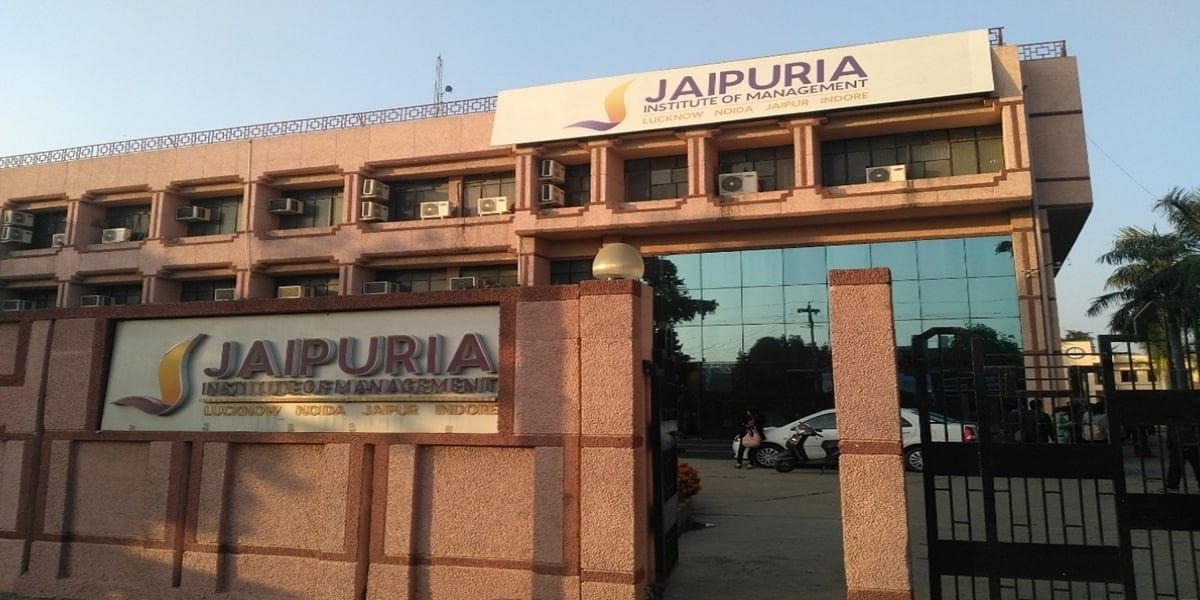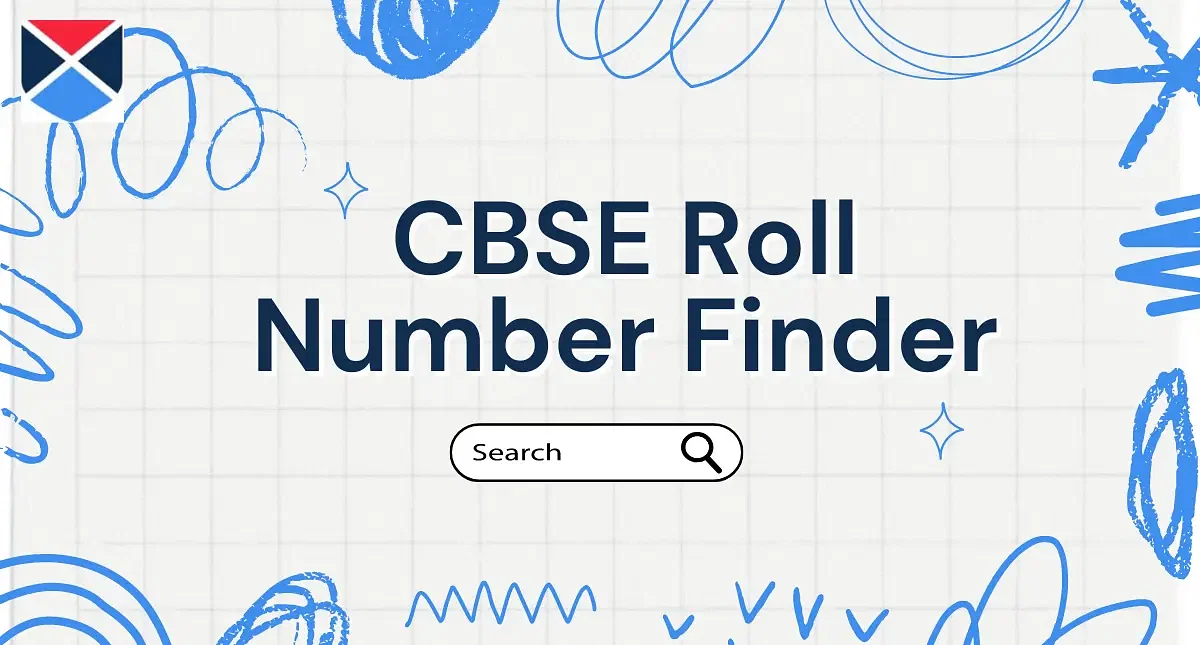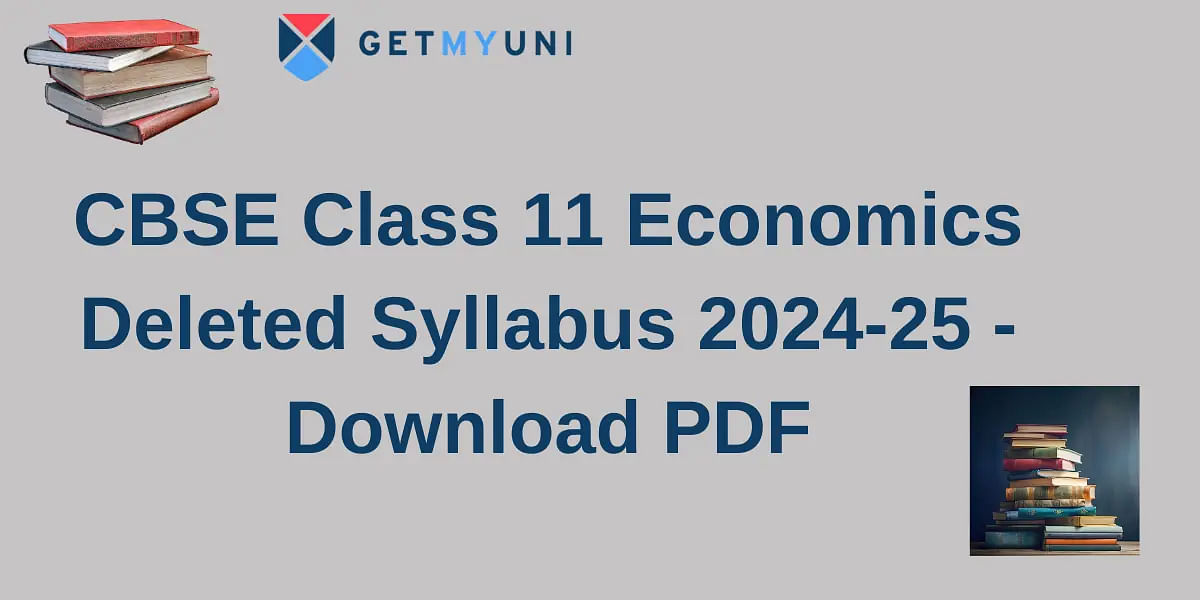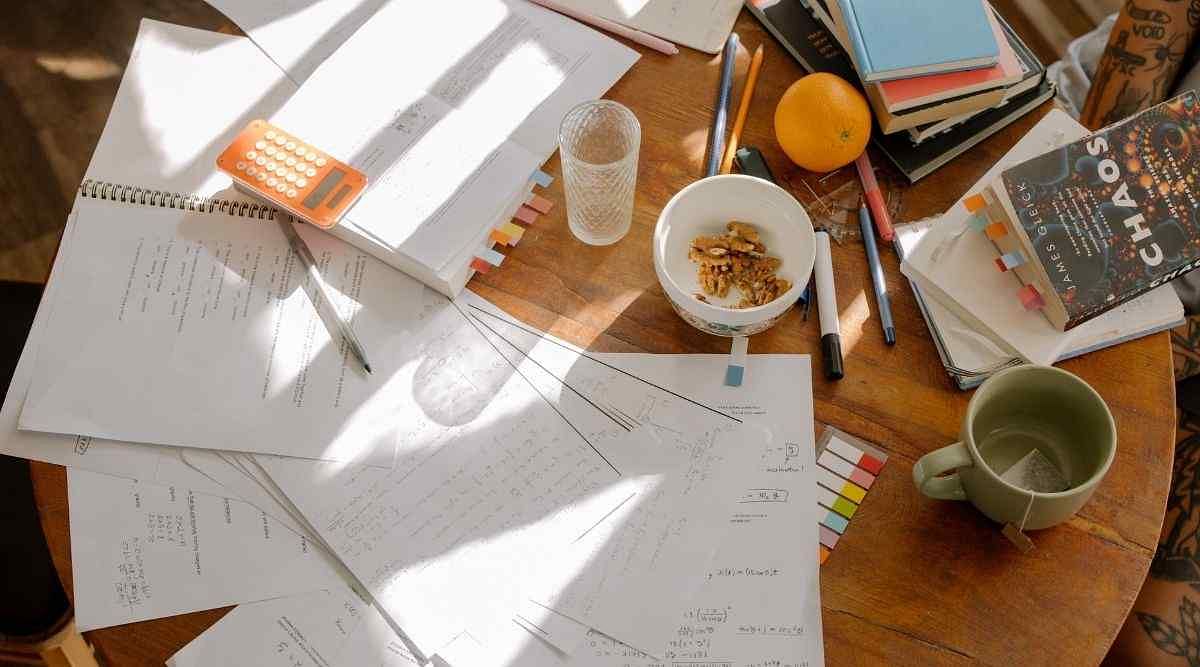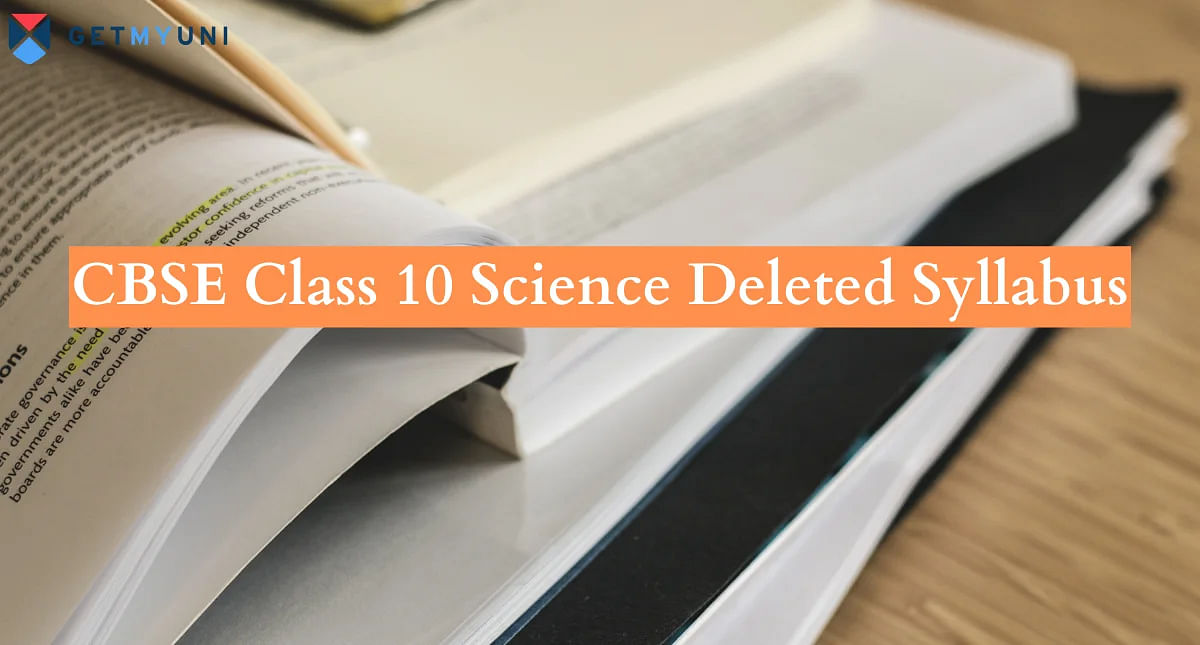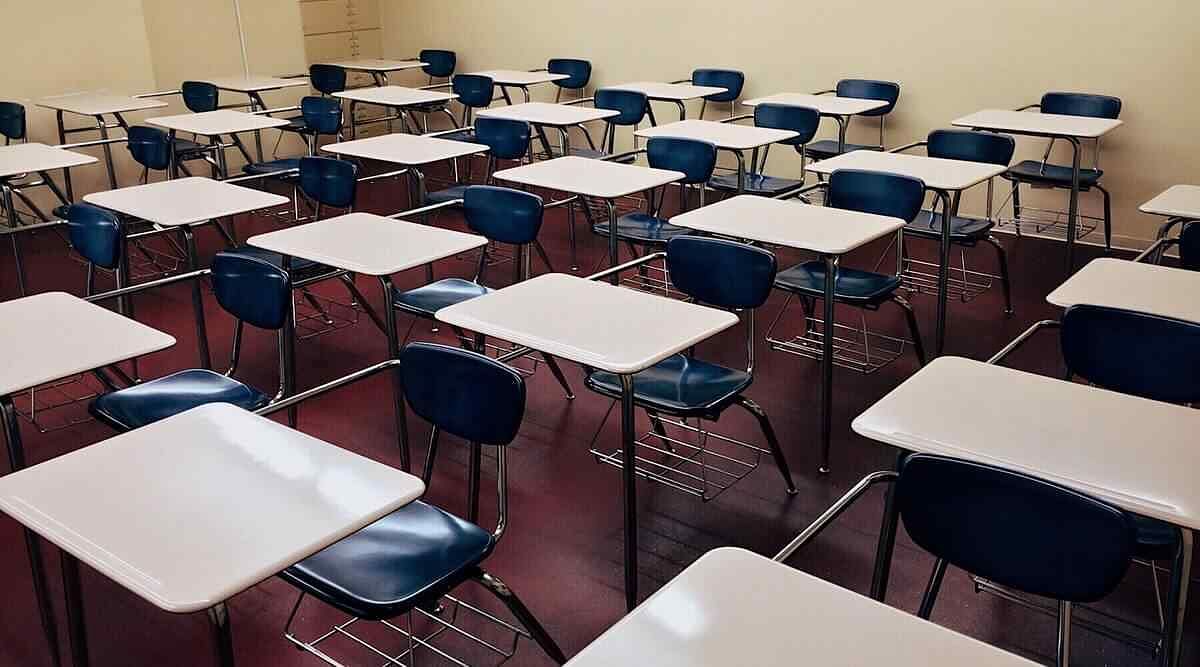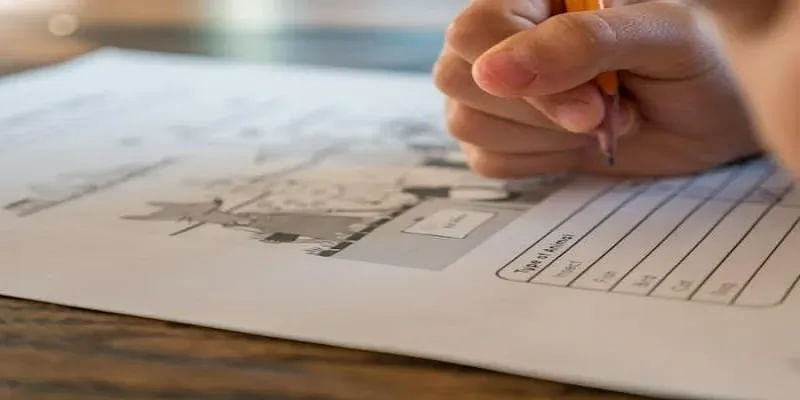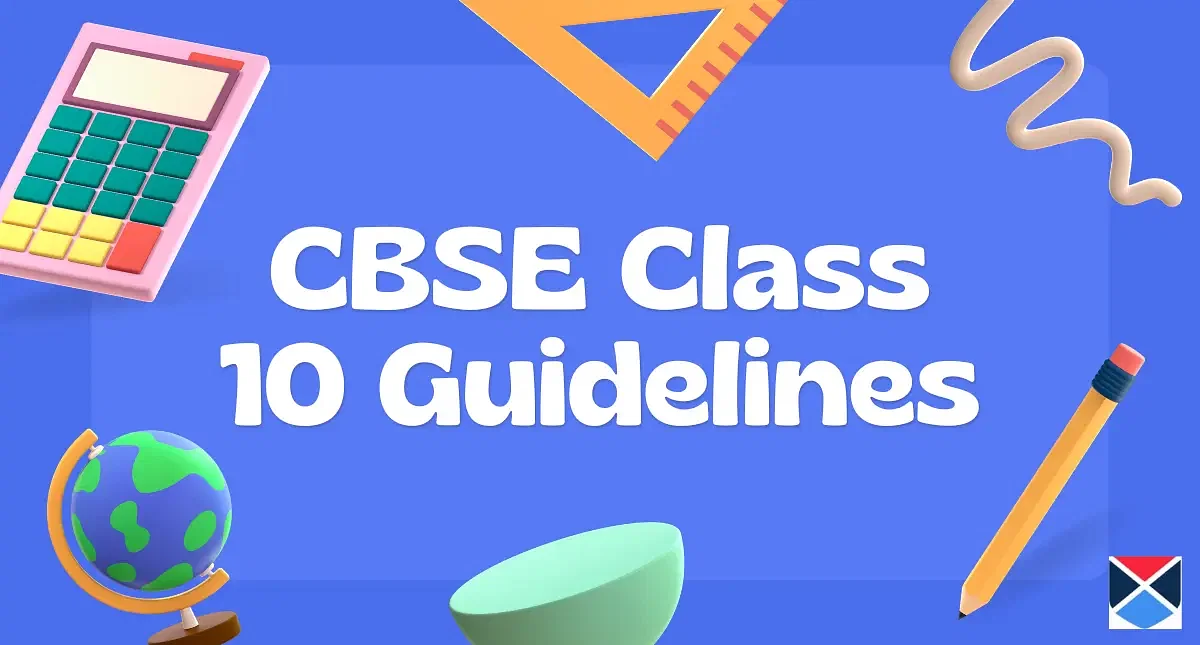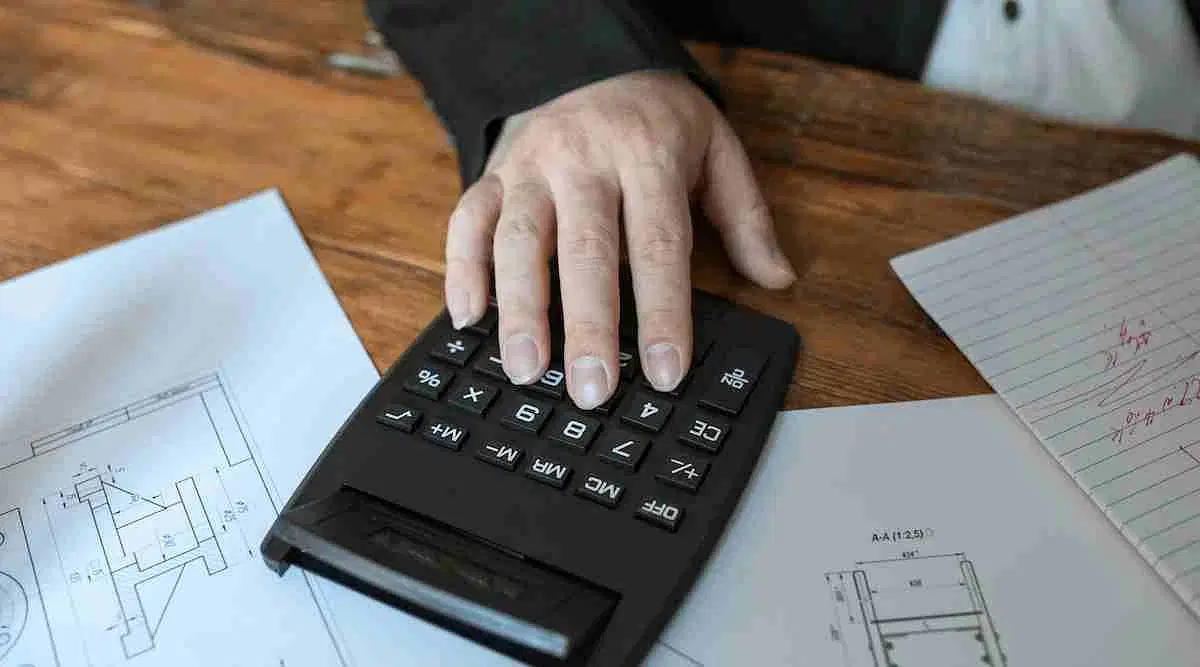CBSE Class 10 Maths Syllabus 2024-25: Check Chapter wise
Table of Contents
The CBSE class 10 Maths Syllabus 2024-25 has been released on the official website in PDF format. The updated Maths syllabus includes topics like number systems, algebra, coordinate geometry, probability, etc. Students can gain an understanding of the topic-wise mark distribution, question paper design, and other relevant details through the latest Maths syllabus.
Furthermore, students must follow and cover all the important instructions and guidelines that are mentioned on the CBSE class 10 2024-25 Maths syllabus.
CBSE Class 10 Maths 2024-25 Maths Syllabus: Download PDF
The updated CBSE class 10 Maths syllabus 2024-25 includes seven units and will be conducted for 100 marks, out of which 80 will be given for theory and 20 for internal assessment. Students can download the detailed CBSE class 10th Maths syllabus for 2024-25 from the table below.
| Particulars | PDF Link |
| CBSE Class 10th Maths Syllabus 2024-25 | Download Now |
CBSE Class 10 Maths Syllabus 2024-25: Unit-Wise Details
Students can check out the details related to unit-wise topics involved in CBSE class 10 Maths syllabus 2024-25 and question paper design for better preparation. The table below consist of the term-by-term marks distribution for each unit for better clarity.
| No. | Unit Name | Marks | |||
| I | Number Systems | 6 | |||
| II | Algebra | 20 | |||
| III | Coordinate Geometry | 6 | |||
| IV | Geometry | 15 | |||
| V | Trigonometry | 12 | |||
| VI | Mensuration | 10 | |||
| VII | Statistics and Probability | 11 | |||
| Total | 80 | ||||
CBSE Class 10th Maths Question Paper Design 2024-25
Students can refer to the marks distribution and question paper design of CBSE class 10th Maths examination as per the CBSE class 10 Maths syllabus 2024-25:
| Topology of Questions | Total Marks | % Weightage (Approx.) |
| Remembering: Exhibit memory of previously learned material by recalling facts, terms, basic concepts, and answers. | 43 | 54 |
| Understanding: Demonstrate understanding of facts and ideas by organizing, comparing, translating, interpreting, giving descriptions, and stating main ideas. | ||
| Applying: Solve problems to new situations by applying acquired knowledge, facts, techniques and rules in a different way. | 19 | 24 |
| Analysing: Examine and break information into parts by identifying motives or causes. Make inferences and find evidence to support generalizations. | 18 | 2 |
| Evaluating: Present and defend opinions by making judgments about information, validity of ideas, or quality of work based on a set of criteria. | ||
| Creating: Compile information together in a different way by combining elements in a new pattern or proposing alternative solutions. | ||
| Total | 80 | 100 |
CBSE Class 10th Maths Internal Assessment Syllabus 2024-25
Students can refer to the table below to understand the CBSE class 10 Maths syllabus 2024-25 (internal assessment) in detail:
| Internal Assessment | Marks | Total Marks |
| Pen Paper Test and Multiple Assessment (5+5) | 10 | 20 |
| Portfolio | 5 | |
| Lab Practical (Lab activities to be done from the prescribed books) | 5 |
Related Links
CBSE Class 10th 2024-25 Maths Deleted Syllabus
The deleted CBSE class 10 Maths syllabus will help the students to score higher grades in the board exams. Students must rigorously check the topics that have been removed while preparing for the board exams. The detailed deleted topics are mentioned below.
| Chapter | Page No. | Dropped Topics/Chapters |
| Chapter 1: Real Number | 2–7, 15–18 | 1.2 Euclid’s division lemma1.5 Revisiting rational numbers and their decimal expansions |
| Chapter 2: Polynomials | 33–37 | 2.4 Division algorithm for polynomials |
| Chapter 3:Pair of Linear Equations in Two Variables | 39–46, 57–69 | 3.2 Pair of linear equations in two variables3.3 Graphical method of solution of a pair of linear equations3.4.3 Cross-multiplication method3.5 equation reducible to a pair of linear equations in two variables |
| Chapter 4: Quadratic Equations | 76–88, 91–92 | 4.4 Solution of a quadratic equation by completing the squares |
| Chapter6: Triangles |
141–144, 144–154 |
6.5 Areas of similar triangles6.6 Pythagoras theorem |
| Chapter7: Coordinate Geometry | 168–172 | 7.4 Area of a triangle |
| Chapter 8: Introduction to Trigonometry |
87–190, 193–194 |
8.4 Trigonometric ratios of complementary angles |
| Chapter 9: Some Applications of Trigonometry |
195–196, 205 |
9.1 Introduction |
| Chapter 11: Construction | 216–222 | 11.1 Introduction11.2 Division of a line segment11.3 Construction of tangents to a circle11.4 Summary |
| Chapter 12: Areas Related to Circles | 223, 224–226, 231–238 | 12.1 Introduction12.2 Perimeter and area of acircle- A review12.4 Areas of combinations of plane figures |
| Chapter 13: Surface Areas and Volumes |
248–252, 252–259 |
13.4 Conversion of solid from one shape to another13.5 Frustum of a cone |
| Chapter 14: Statistics | 289–294 | 14.5 Graphical representation of cumulative frequency distribution |
| Chapter 15: Probability | 295–296, 311–312 | 15.1 Introduction Exercise15.2 (Optional |
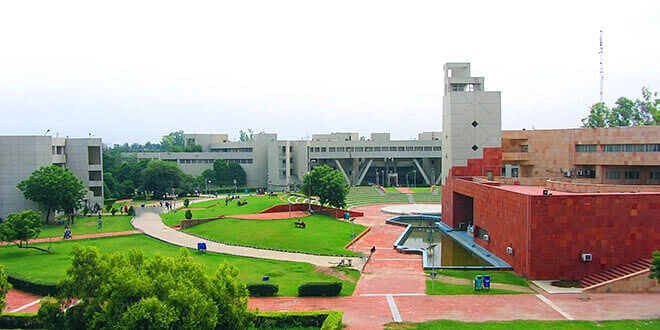



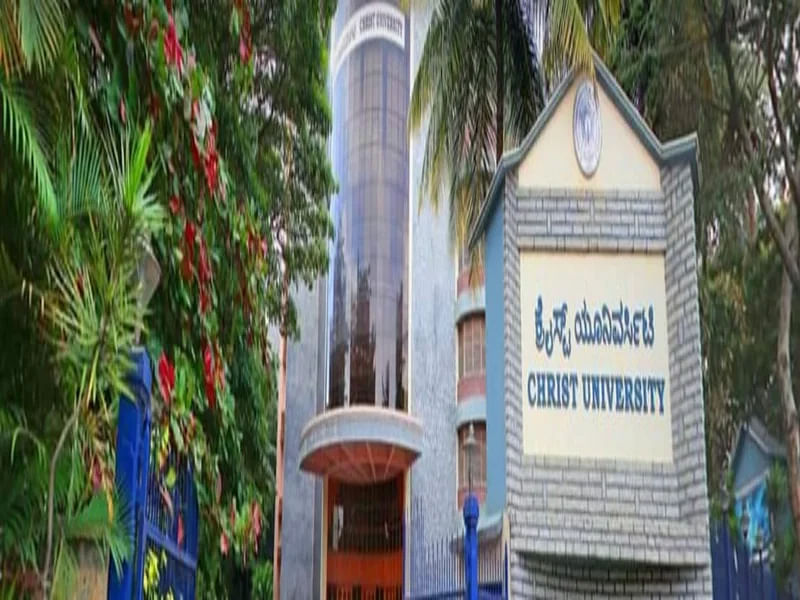
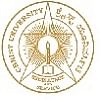
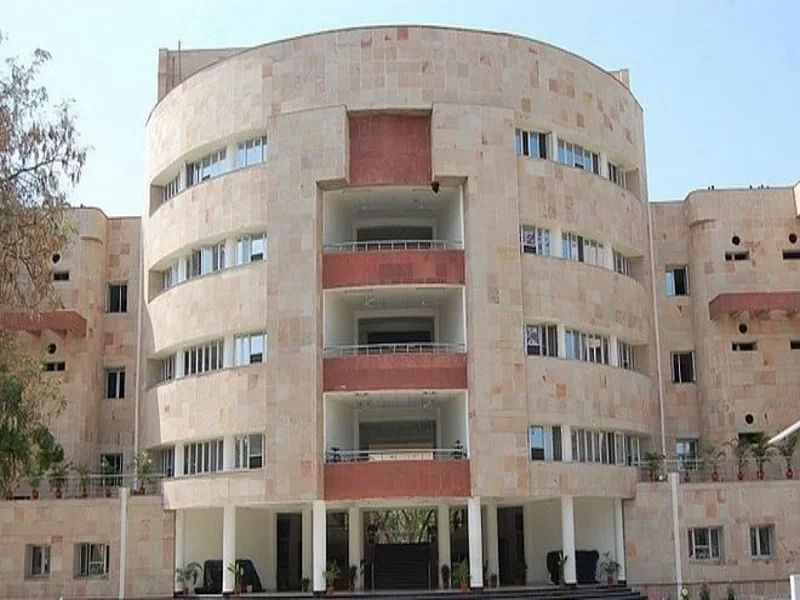
![Motilal Nehru National Institute of Technology, [MNNIT] Allahabad](https://media.getmyuni.com/azure/college-image/small/motilal-nehru-national-institute-of-technology-mnnit-allahabad.webp)
